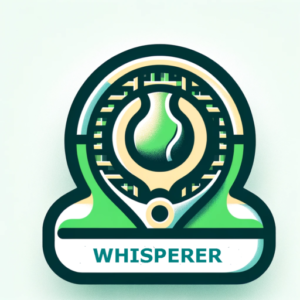Handling Stress on the Court: Why Teenage Tennis Players Struggle and How to Help
In tennis, particularly for teenage players, managing stress during matches can be especially challenging due to the ongoing development of their brain.
The teenage brain is still developing, particularly in areas like emotional regulation, decision-making, and stress management. The prefrontal cortex, responsible for these functions, doesn’t fully mature until the mid-20s. This means that teenage tennis players are still learning to handle pressure, which can affect their performance in high-stakes situations.
Here are several reasons why teens may struggle under pressure in tennis:
- Underdeveloped Prefrontal Cortex: The prefrontal cortex helps with planning and making decisions under pressure. Since it’s still maturing, teenage players might struggle to make calm, strategic choices during a tight match, especially when faced with high-pressure situations like a tiebreak or set point.
- Stronger Emotional Responses: In stressful match moments, such as facing breakpoints, teenage players may experience heightened emotions because their brain’s emotional center, the amygdala, tends to dominate. This can lead to anxiety or frustration, impacting their ability to remain focused and execute their shots with precision.
- Social and Peer Pressure: Teenagers are particularly sensitive to what their peers, coaches, and parents think of their performance. The fear of failing in front of others or not meeting expectations can significantly increase their stress levels during a match, making it harder to stay mentally strong.
- Lack of Experience: Compared to adult players, teens haven’t faced as many competitive, high-pressure scenarios on court. As they haven’t yet developed the same level of mental toughness or strategies for coping with match stress, they may struggle to stay composed when facing a tough opponent or when behind in a match.
- Hormonal Changes: Adolescents undergo hormonal shifts, which can intensify emotions. This fluctuation can make it harder for a teenage tennis player to stay focused and manage their emotions during intense match situations, further complicating their ability to perform under pressure.
However, with consistent match experience and a little coaching on proper mental conditioning, teenage players can learn to cope better with pressure.
Incorporating mental strategies such as breathing exercises, visualization techniques, and mindfulness can help them control their emotions and maintain focus during critical moments in a match.
Follow on article: Managing Match Pressures for Teens
Here are a couple of related articles if you’re interested in learning more:
You’re Only as Good as Your Emotions on Court
Psychology: Emotional Regulation
Similar to learning how to stroke the ball and play the game, mastering emotional control on the court is essential to a player’s growth and development. So, embrace the journey, stay composed, and remember that the true victory lies in mastering yourself—it’s a skill for life!





Leave a Reply
Want to join the discussion?Feel free to contribute!